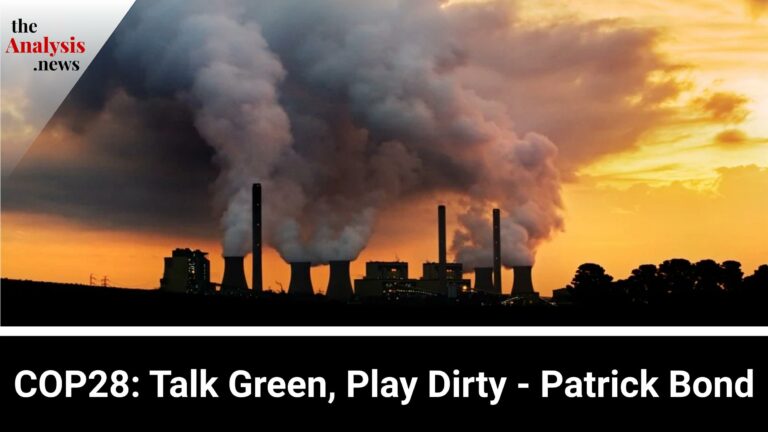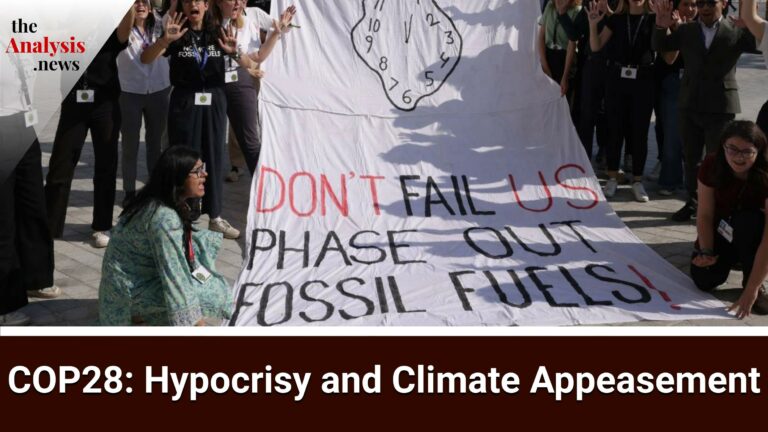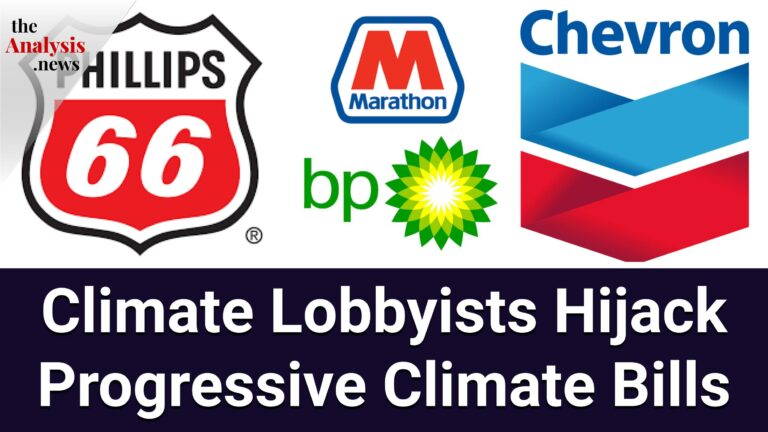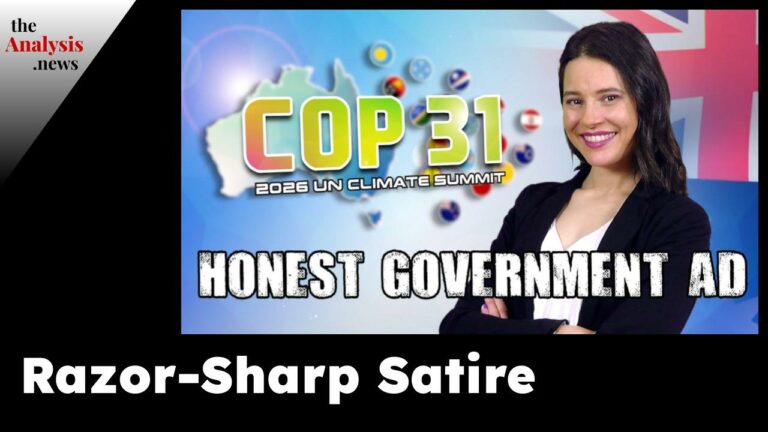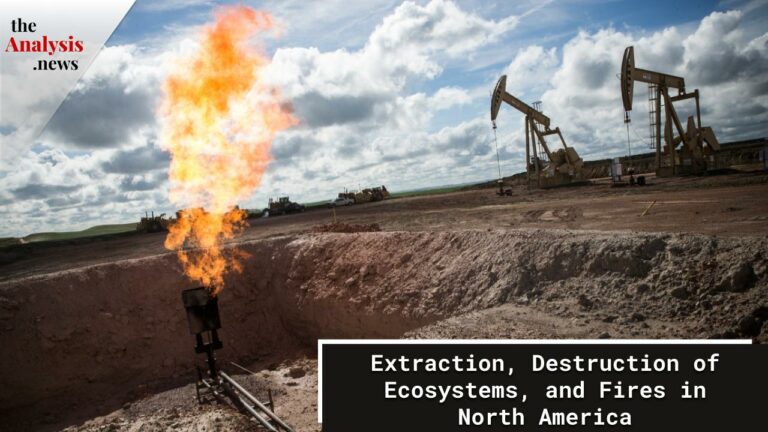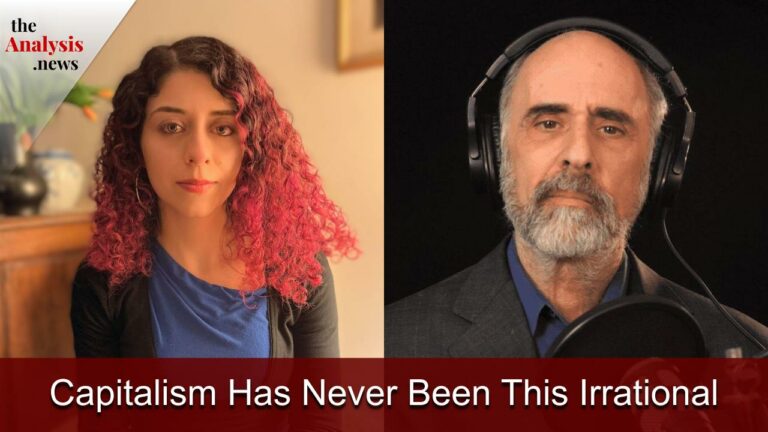The Political Economy of Saving the Planet – Bob Pollin part 1/2
The issue of banning (or not banning) fracking has been at the forefront of the 2024 presidential debates between former President Trump and Democratic nominee Kamala Harris. Fracking, a technique that involves horizontal drilling to extract gas and oil from shale rock, risks methane leaks and other environmental hazards. Professor Bob Pollin, economist and Co-Director of the Political Economy Research Institute (PERI), lays out the elements of a Global Green New Deal to avert climate catastrophe and achieve net zero emissions by 2050. Can we frack and still reach this goal?

